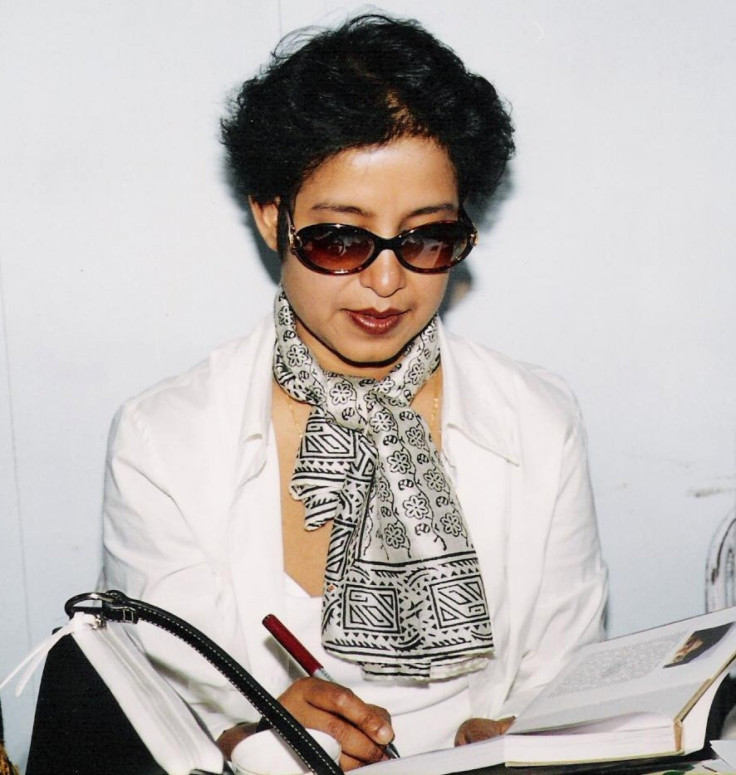Taslima Nasreen Publishes New Book Despite Anger from Muslims

Salman Rushdie is not the only author who angers Muslims in India.
A new book launch by Taslima Nasreen, a Bangladeshi exile living in India, has prompted outrage from Muslims in Calcutta, forcing officials to cancel an event at the Calcutta Book Fair. (Similarly, an appearance by Rushdie at a book festival in Jaipur was cancelled last week).
Nasreen, who did not appear at the event, indicated that her publisher will release the book anyway. In a Twitter message, she blamed her absence on some religious fanatics.”
Kolkata [Calcutta] Book Fair committee cancelled my book release program today at Kolkata Book Fair. Why? Some religious fanatics don't want it to happen, she tweeted.
She also added on Twitter: Kolkata, a city of progressive! A book release even [without] my presence not possible! All political parties, all [organizations] afraid of fanatics! But how long [?] They banned me, a writer, a person. They do not need to know the content of the book.”
Nasreen fled Bangladesh in 1994 after Islamic militants targeted her for death for a book she wrote called “Lajja” (Shame). The book was banned in the country.
“Lajja” dealt with the oppression of women in Bangladesh and contained graphic language, inflaming Muslim fundamentalists in the country and elsewhere. The book also discussed the persecution of Hindus in Bangladesh by Muslims.
She first went to India, but subsequently departed for Sweden in 2008. She has now returned to India.
Her latest book is called “Nirbasan” (Exile), which details her traumatic exit from Calcutta in 2007-08.
Shibani Mukherji, Taslima’s publisher, told the Press Trust of India that his firm is determined to go ahead with more publications that will uphold values, love for truth and social progress.” Nasreen has spelled out the growing rift between old world fundamentalism and the realities of a new globalized economy, especially in place like India and Bangladesh.
She wrote on her website: “Humankind is facing an uncertain future. The probability of new kinds of rivalry and conflict looms large. In particular, the conflict is between two different ideas, secularism and fundamentalism. I don't agree with those who think the conflict is between religions or between the East and the West. To me, this conflict is basically between rational, logical thinking and irrational blind faith. To me, this is a conflict between modernity and anti-modernism. While some strive to go forward, others strive to go backward. This is a conflict between innovation and tradition, between those who value freedom and those who do not.”
© Copyright IBTimes 2024. All rights reserved.











